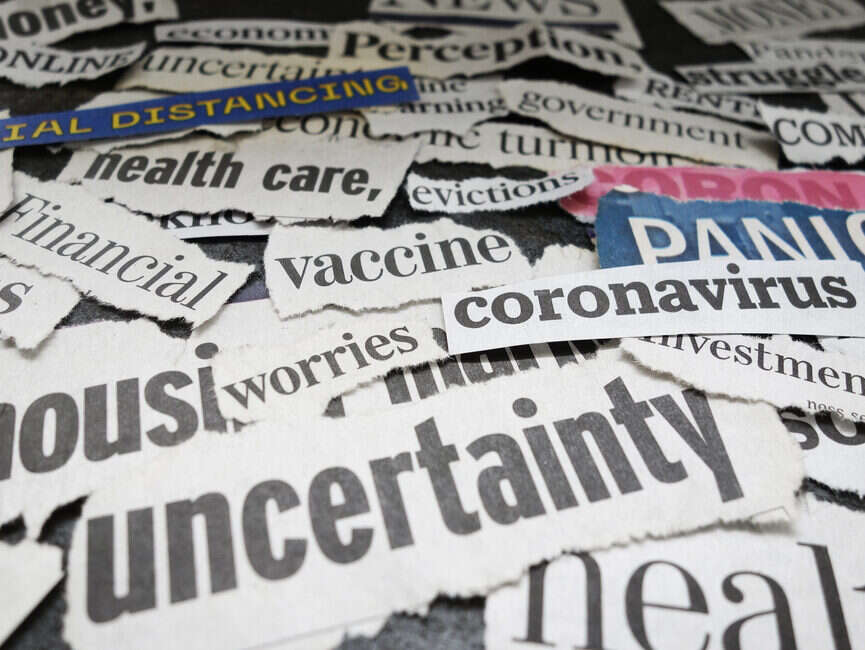
The proportion of UK citizens deemed “vulnerable” to fake news and a lack of information around Covid-19 more than doubled during lockdown, according to new research from the Reuters Institute.
Referred to as the “infodemically vulnerable”, the group grew from 6% of the UK population early on in the Covid-19 crisis to 15% by late August – an estimated 8m people in total.
Members of the group “consume little to no news and information about Covid-19 and do not trust it even if it reaches them”, leaving them at more risk of being both uninformed and misinformed.
Those under 35 were more likely to be in the “infodemically vulnerable” group along with those who had not been educated to degree level, the survey found. Gender was evenly split.
While the BBC is the most widely used news source in this group, they are also more likely to use social media such as Facebook and Twitter than those who were deemed not vulnerable.
An infodemic is widely believed to have risen up alongside the pandemic, with conspiracies and misinformation about Covid-19 being widely shared on social media. Press Gazette has launched its own campaign to help combat the issue.
The research is based on an online panel survey of a representative sample of the UK population carried out by Yougov between April and August 2020.
It is published in a report, titled Communications in the Coronavirus Crisis: Lessons for the Second Wave, authored by the Reuters Institute for the Study of Journalism, based at Oxford University.
The report also found that 61% of people surveyed agreed that the news media had explained what they can do in response to the pandemic, down from 73% in April, while 58% said the same about the government, down from 67% in April.
The report found that trust in news organisations as a source of information about the pandemic had fallen 12 percentage points, from 57% in April to 45% in August. Respondents’ consumption of daily Covid-19 news fell by 24 percentage points over the same period, from 79% to 55%.
Survey respondents who said they had consumed Covid-19 news less than once a day on average and had a low trust in news about the coronavirus were deemed “infodemically vulnerable”.
Professor Rasmus Kleis Nielsen, director of the Reuters Institute and lead author of the report, said: “The erosion of trust especially in government but also in news media, the increasing information inequality, and the significant growth in the number of people vulnerable to misinformation means the UK is less well equipped to deal with the coronavirus communications crisis during the second wave and the winter ahead, even though it may in some ways be better equipped to deal with the epidemic from a public health perspective.”
The report said news organisations should “focus less on politicians and pundits and more on the sources that are highly and broadly trusted, and demonstrably help people understand the crisis, most notably the NHS and scientists, doctors, and other experts”.
Picture: Shutterstock
Email pged@pressgazette.co.uk to point out mistakes, provide story tips or send in a letter for publication on our "Letters Page" blog

